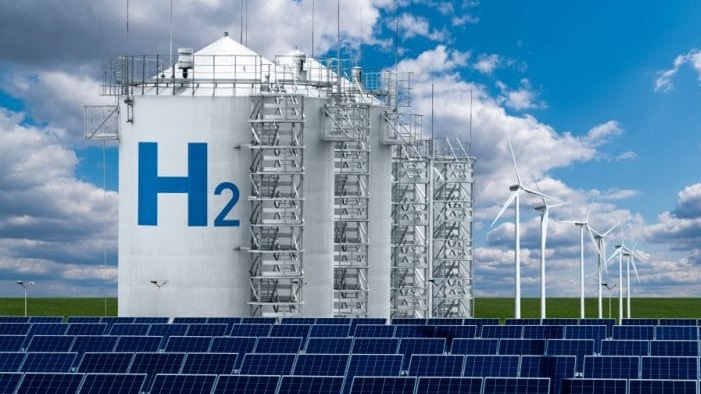Several US energy firms have initiated a campaign to influence the US Government into broadening its tax incentives within the hydrogen sector. Presently, financial benefits are granted to green hydrogen producers as part of President Biden’s Inflation Reduction Act (IRA). Nonetheless, multiple producers are advocating for extending these incentives to encompass hydrogen derived from sources other than renewables, including fossil fuels. The upcoming release of supplementary tax guidelines by the US Treasury Department will dictate the eligibility of various hydrogen projects under the IRA. One proposal suggests exclusively accommodating green hydrogen, which is generated solely through water molecule separation using renewable energy.
Industry lobbyists are contending that mandating hydrogen plants to operate solely on zero-carbon energy would result in plant shutdowns during periods of renewable energy unavailability. Instead, they propose an annual matching system, wherein producers can procure credits equivalent to their yearly energy consumption for renewable electricity. Some industry insiders are also proposing an hourly accounting method.
In a collective effort, 32 energy companies and industry stakeholders penned a letter to President Biden, urging a broader interpretation of “clean” hydrogen within the Clean Hydrogen Production Tax Credit (PTC) under Section 45V. Clean domestic hydrogen is indispensable for achieving both climate and economic objectives and overly restrictive PTC regulations could jeopardize job creation, international hydrogen leadership, energy security, and the attainment of decarbonization targets, particularly in challenging sectors like steel and chemicals.
The context of the hydrogen sector is significant, as it plays a pivotal role in emissions reduction in industries such as freight and heavy manufacturing, emitting no carbon dioxide when burned. Despite its potential, the majority of hydrogen produced in the US presently comes from natural gas, with only a fraction being zero-carbon. The US Energy Department aims to produce ten million tonnes of clean hydrogen by 2030. However, it’s important to note that the hydrogen lobby contains influential figures from fossil fuel industries, as indicated by research from the environmental charity DeSmog.
The debate around hydrogen incentives in the US mirrors a similar dispute that took place in the EU, involving the definition of clean hydrogen. France, heavily reliant on nuclear energy, actively campaigned for the inclusion of nuclear-based hydrogen in the EU’s renewable hydrogen definition, resulting in the acceptance of ‘pink’ hydrogen under EU targets.





































